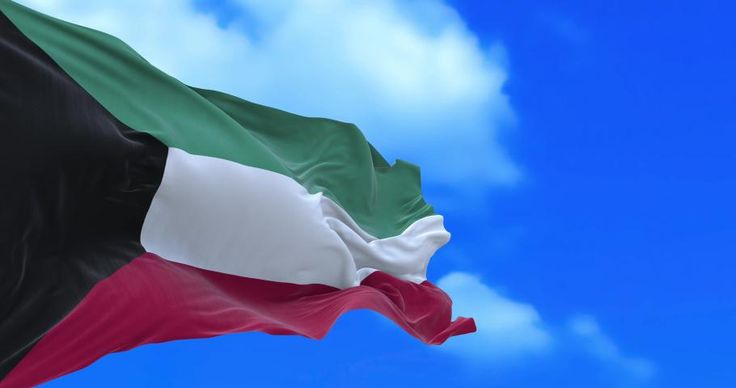What To Know
- Criticisms can thus be made of the fact that Kuwait has continued to depend on oil and gas extraction as the mainstay of her economy, a situation that has exposed the country’s economy to the shocks that prevail in the global oil markets, as a global risk arguing that the country needs to diversify and strengthen its economy in other forms, product or service sectors.
- Kuwait’s gross domestic product (GDP) in current prices has likewise shrunk by 2 percent at the fourth quarter of 2023 compared to the same period of the previous year as reported by Al-Seyassah daily.
- The non-oil sector which has a greater significance in the economy as compared to oil sector recorded a negative growth of 2.
Kuwait’s gross domestic product (GDP) in current prices has likewise shrunk by 2 percent at the fourth quarter of 2023 compared to the same period of the previous year as reported by Al-Seyassah daily. The GDP subsists at 10. 33 billion dinars ($33. 77 billion) from the 10. 80 billion dinars ($35. 31 billion the previous quarters of 2022.
It was mainly the result of 6. 4 % drop in oil production adding value, which was caused by lower quantities of crude oil production. Also, the non-oil sector which has a greater significance in the economy as compared to oil sector recorded a negative growth of 2. 3 per cent in the value added during the period under consideration. Individual inputs to the Gross Domestic Product in the fourth quarter of 2023 revealed that relevant services associated with oil and natural gas extraction activities accounted for a huge 49. 7 percent. Manufacturing and oil refining contributed 8. 5% to overall GDP while on the other end of the scale was public administration, defense, and the service industry that covered education, health, social work, restaurants, hotels, leasing, rental services, and community services, among others, contributing 17. 8% to the overall GDP.
Nonetheless, the Kuwait’s economy in other quarters grown following the a ski-pic measured on the quarterly contraction. According to the record, the GDP growth was registered 5. 52 % to the tune of about 9. 79 billion dinars in the third quarter of 2023. Compared to the oil same quarter in 2022, the estimated current prices of Kuwait’s GDP was 12. 88 billion dinar or 4. 6% down from 13. 50 billion dinars. The contribution of the oil sector has diminished its share at the current prices by 8. 6 an annual basis to reach 6. 08 billion dinars, the non-oil sector has also reduce its contribution by slight rate 0. 7% to 6. 80 billion dinars.
These statistics explain the following economic adversities faced by Kuwait in 2023 when the global economy and oil production changed: Criticisms can thus be made of the fact that Kuwait has continued to depend on oil and gas extraction as the mainstay of her economy, a situation that has exposed the country’s economy to the shocks that prevail in the global oil markets, as a global risk arguing that the country needs to diversify and strengthen its economy in other forms, product or service sectors.



